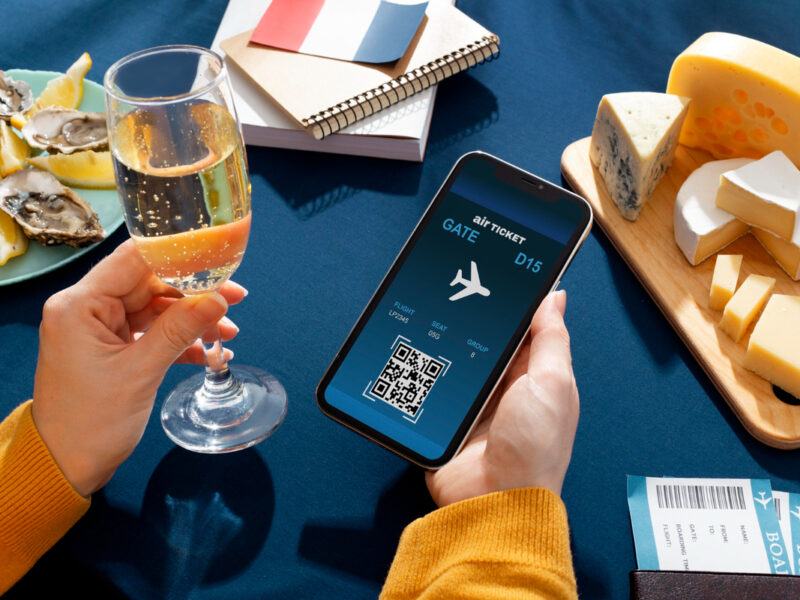An accommodation reservation system is a digital system that helps manage reservations and bookings for accommodation providers such as hotels, resorts, hostels and vacation rentals. This system can be used by both guests and staff to make finding and booking accommodation much easier and more efficient.
There are many advantages to using an accommodation booking system. For guests, the process of finding and booking a suitable place to stay is often easier and faster. They can easily search for accommodation that meets their specific criteria such as price, location and amenities. In addition, many systems offer the ability to view photos and read reviews from other guests, which can make the decision-making process easier.
For accommodation providers, an accommodation booking system can help save time and resources. It can automate many tasks associated with managing bookings, such as sending confirmation emails, processing payments and generating reports. In addition, a good system will provide powerful tools for inventory and rate management that can help maximize occupancy and revenue.
So, if you’re not sure if you need a lodging booking system for your property, keep reading to learn more.
What is a lodging reservation system?
A lodging reservation system is essentially software that can help businesses manage room bookings, rates, inventory, and more. Simply put, it allows guests to securely book accommodation online without any intermediaries. When guests make a reservation on your website, the accommodation booking system transfers the relevant information to your hotel’s operating system. This makes it easier for your staff to manage all guest bookings.
This software, sometimes referred to as a CRS, is hosted within the property management system (PMS) or connects to the PMS as standalone software. The CRS is the core of this reservation ecosystem and it often includes:
A channel manager
A website booking system
A revenue management system.
All of these components together help hospitality businesses manage room availability, bookings, distribution and revenue, among other things.
Having a dedicated accommodation booking system has become a must-have for every business operating in the hospitality industry today. Now you may think – why is this so? Why do I need this system if I already have regular guests? The fact is that most new age travelers prefer to book accommodation online. With an accommodation booking system, you will be able to access this audience and increase the reach of your business. Since this system can be synchronized with your website, customers will never have to leave the page to complete the booking, which is another plus.
Apart from the fact that an accommodation booking system can help your customers complete their bookings online, it can also provide you with several additional resources. For example, some accommodation booking systems may include a channel manager. This makes it easier for you to distribute your real-time availability to your entire network of online travel agents (OTAs) simultaneously. In the next section, we will take a closer look at how an accommodation booking engine works.
How does an accommodation booking engine work?
By now you should be familiar with the main purpose of an accommodation reservation system – to allow guests to make reservations online. This system automates the booking process by synchronizing the booking system with your website so that your guests do not need to go to another site to make their reservation.
Let’s take a closer look at how this system is usually set up:
Step 1. All your inventory, rate codes and restrictions are transferred to the accommodation reservation system or CRS (central reservation system).
Step 2: Next, the information is added to the property management system (PMS).
Step 3: After that, the channel management tool helps to distribute this information to the booking channels. These booking channels include the website booking engine, global distribution system, online travel agents, metasearch sites and wholesalers.
Now, when a guest books accommodation through any of these channels, the information entered is passed through the CRS and PMS. Here the information is stored until it is time to retrieve it during the guest check-in process. At the same time, CRS ensures that availability is updated on all other distribution channels.
As you can see, the whole process is heavily dependent on the CRS communication with other components. To automate the entire booking process, it is important that all these components are integrated. If this were not the case, all these tasks would have to be done manually, which would obviously take a lot of time and effort.



